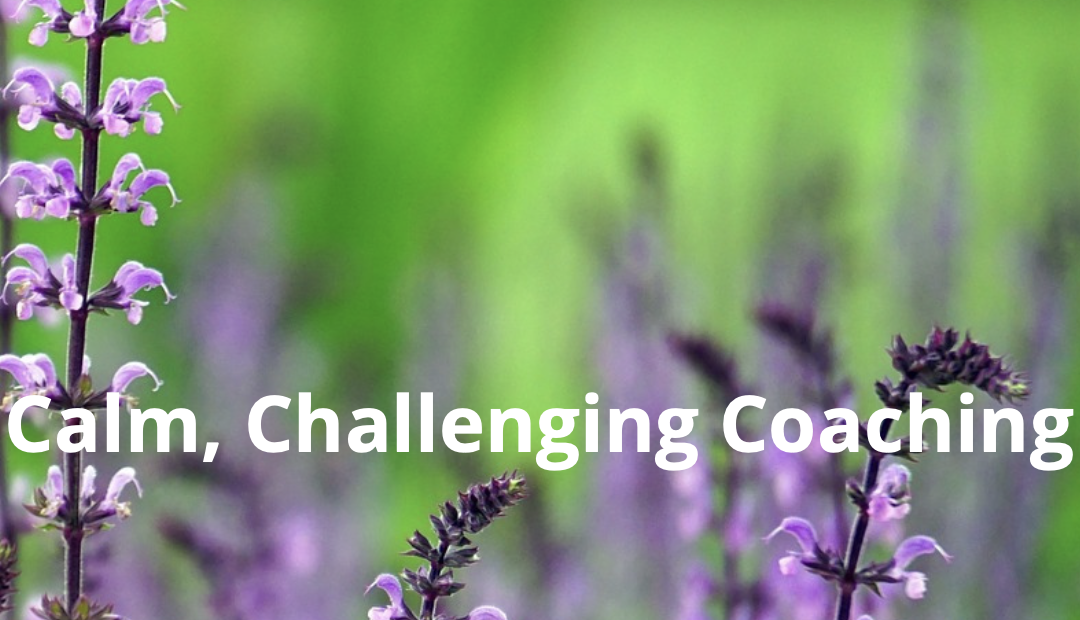One of the most common questions I have when I meet people and tell them I am a coach is “What is coaching anyway?” Because coaches have traditionally come into the industry from a variety of backgrounds, there are a huge number of definitions, but the one I like is from Whitmore in 1992, who said:
“Coaching is unlocking a person’s potential to maximize their own performance.
It is helping them to learn, rather than teaching them.”
This point about helping a client to learn, rather than teaching them is important. My goal is always to make myself redundant, to give the client the tools and techniques to be self-sufficient. It must be the one of the few industries where this is the goal.

I also get asked about coaching psychology, One client recently, when I explained I was furthering my education with a Masters in Coaching Psychology, said, “Coaching psychology, is that really a thing?” Well, yes, it is a “thing”. Coaching psychology uses models of coaching that are evidence based, or tested, and grounded in psychological theory to enhance the wellbeing (or happiness) and performance of people, both at work and in their home lives. Not all coaches are also coaching psychologists, and not all need to be.
But to get back to the question of “what is coaching anyway?” For some clients, it may be very goal focused, aiming at achieving results in a given area, while for others it may be exploring issues around how they feel, their perceptions and their internal resistance to change. The style of coaching the coach uses should fit the needs of the client, which leads me into what makes coaching work and what makes a good coach.
Lambert and Barley published a survey in 2001 on the main variables affecting a positive result from therapy. Coaching and therapy can use similar tools, although coaches work with the understanding that the client is okay to start with, but wants to become even better, while a therapist is needed when someone is really not okay and wants to get closer to being so. They found that a client’s attitude and beliefs that it would work accounted for 15% of success, while external factors covered 40%. 45% of all success was due to the methods the coach used (15%) and their relationship with the client (30%), which suggests that whether you believe in a coach, work well with them and whether they use appropriate models and techniques all very important factors and the coaching relationship. So how to you choose a coach?
The attributes of a good coach can be divided into three main areas:
- Their relationship with the client
- What they do
- Their way of being.
The relationship
Your coach should be open and honest with you, gaining your trust in the first meeting. He or she should genuinely value others and your relationship should be non judgmental, enabling and supporting. However, be prepared for your coach to challenge your assumptions or beliefs if these are holding you back. It is their job to take you out of your comfort zone a little.

What they do
Your coach should have a clear methodology, using an enabling framework and effective, relevant tools for the style of coaching you need. You should be confident that they have adequate training and skills to work productively with you and all coaches should be happy to talk about their qualifications, and any memberships of recognized coaching organisations, such as the Association of Coaching, The International Federation of Coaches or the International Society of Coaching Psychologists. There are good coaches out there, who do not have membership of any of these organisations, but being accepted by an association shows that your coach has met minimum standards of training and undergoes continued professional development.
Their way of being
A coach’s style depends on who they are. If you do not like them as a person, it is likely that they will be a good coach for you. In general your coach needs to be fully present when with you, truly listening to you. Your coach should also be self-confident and fully self aware, meaning that they should have knowledge of their own mental health, understand their own beliefs, prejudices and limitations and how these may affect their relationship with you.
So, how do you decide if a coach is right for you?
Most coaches are happy to set up a call to discuss your coaching needs. This can give you an idea of whether you want to take the relationship further. You might ask if they have a contract or adhere to a code of ethics and they should also be happy to forward these on to you. When you do decide to go ahead with coaching, book one session to start with, to see how you both get on with each other. No good coach will want to lock a client into a long-term relationship where the client has no confidence in the process.
Coaching really does work to facilitate positive change in people. So, why not give it a go?






